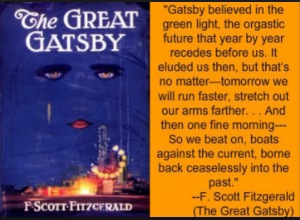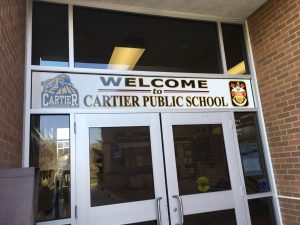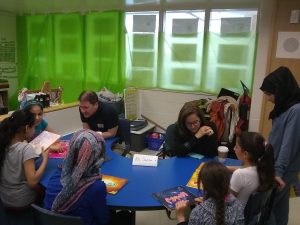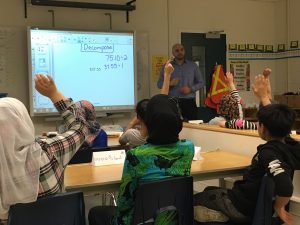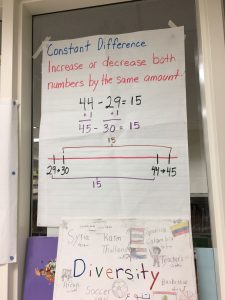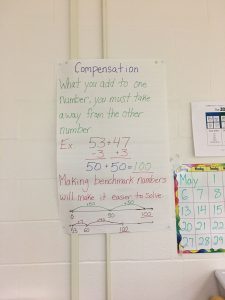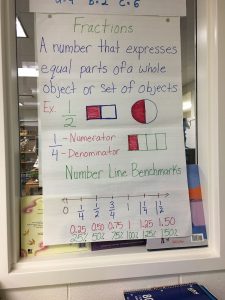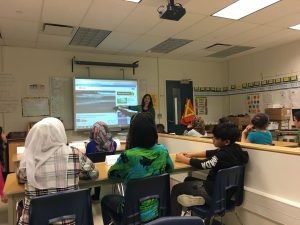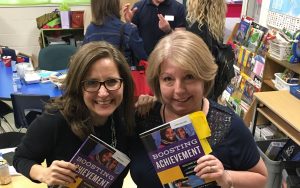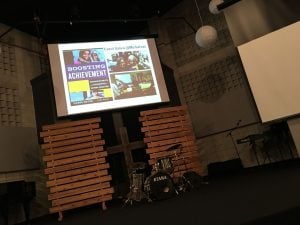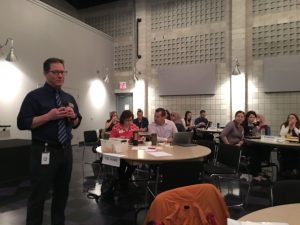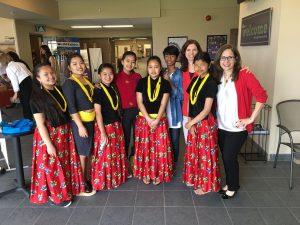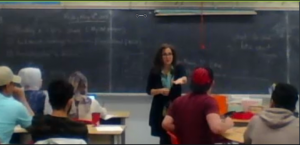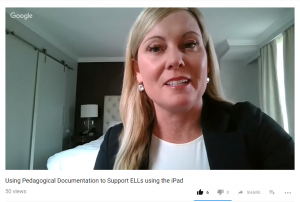This show features new arrival students who are graduating soon. Some have missed years of formal education. They share what helped them when they were in mainstream and ESL classes. Questions are in an embedded doc below for awarding PD credit.
This video is an enhanced version of the panel session we gave as part of the #MADPD conference on May 6th. I’ve updated the video to include visuals so we can better reflect on what instruction can look like for students with limited English or limited formal education.
The audio version is right here:
Listen to “BAP029 The EL Student Panel for MADPD with Video & Visuals” on Spreaker.
I’ve watched the show several times now and each time, I’m focusing on a different take-away. There are so many. So if you’ve already seen this one, consider listening again or watching for different ideas being relayed by the students.
PD CREDIT
I’m often asked how we can award PD credit to teachers that listen to the podcast or watch the videos from my blog. One idea is if your organization uses questions or quick-writes that offer teachers a chance to reflect and will also serve as documentation that they watched the show. Here is a sample lesson plan for PD purposes:
 Loading...
Loading...
More Reflections
These are three new arrival students who come from difficult circumstances. Some have missed years of formal education and all three are taking many grade level, mainstream classes. Wendhy mentions a lesson that she experienced in both my class and in Charlotte McHale’s English III class. I appreciate Charlotte for sharing the lesson with me & I keep it pinned to my twitter feed to show how we can support mainstream in the ESL support class.
Instead of thinking “My Ss can’t read that.” Try “How can I support reading?” #SIFE #choralreading #sharedreading #GrowthMindset #leadupchat pic.twitter.com/wA6e1IHB2A
— Carol Salva (@MsSalvac) February 4, 2017
Ali talks about what he and his English III teacher did to give him access to the curriculum when they were reading The Great Gatsby. He found it in Arabic and also watched the movie so he could better comprehend the grade level standards he needed to master around the literature.
Of course, we are working on his English reading every day. He still needs to pass English reading tests by the State of Texas to graduate.
Uri talks about how he used to be a disengaged student but his teachers this year, even when he understood no English, were talking with him as if they believed that he could do it. That gave him hope.
 They talk about many techniques and supports for English learners and the teachers who teach them. I’m very grateful to learn from these students and all of their friends in our new arrival classes.
They talk about many techniques and supports for English learners and the teachers who teach them. I’m very grateful to learn from these students and all of their friends in our new arrival classes.
We are SO excited about graduation this weekend! Look for tweets with pictures on May 26th! @MsSalvaC
You can find more videos (many that are only 3 -4 minutes long) by the students here.
Thank you for watching/listening!
I’ll be traveling a lot soon. I hope I’m in your neck of the woods:
June 4-5: ESC7 Summer Conerence. Kilgore, Texas (Breakout sessions)
June 19: ESC11 Boosting Achievement Full Day Workshop
June 24-25: ISTE in Chicago, Ill. (Breakout Tech Sessions)
June 29: Keynote at ESC10 BIL/ESL Conference
Summer & Fall 2018: Carolina TESOL Workshops
Oct 4: Rapid Literacy Conference – 1 day workshop in Houston, Texas
Sept 28 – 29: MidTESOL in Kansas City (Breakout Sessions)
NCTE18 in Houston, Texas Nov 2018. Presenting breakouts with Emily Francis & Katie DiGregorio
AbydosCon19, Literacy Conference
